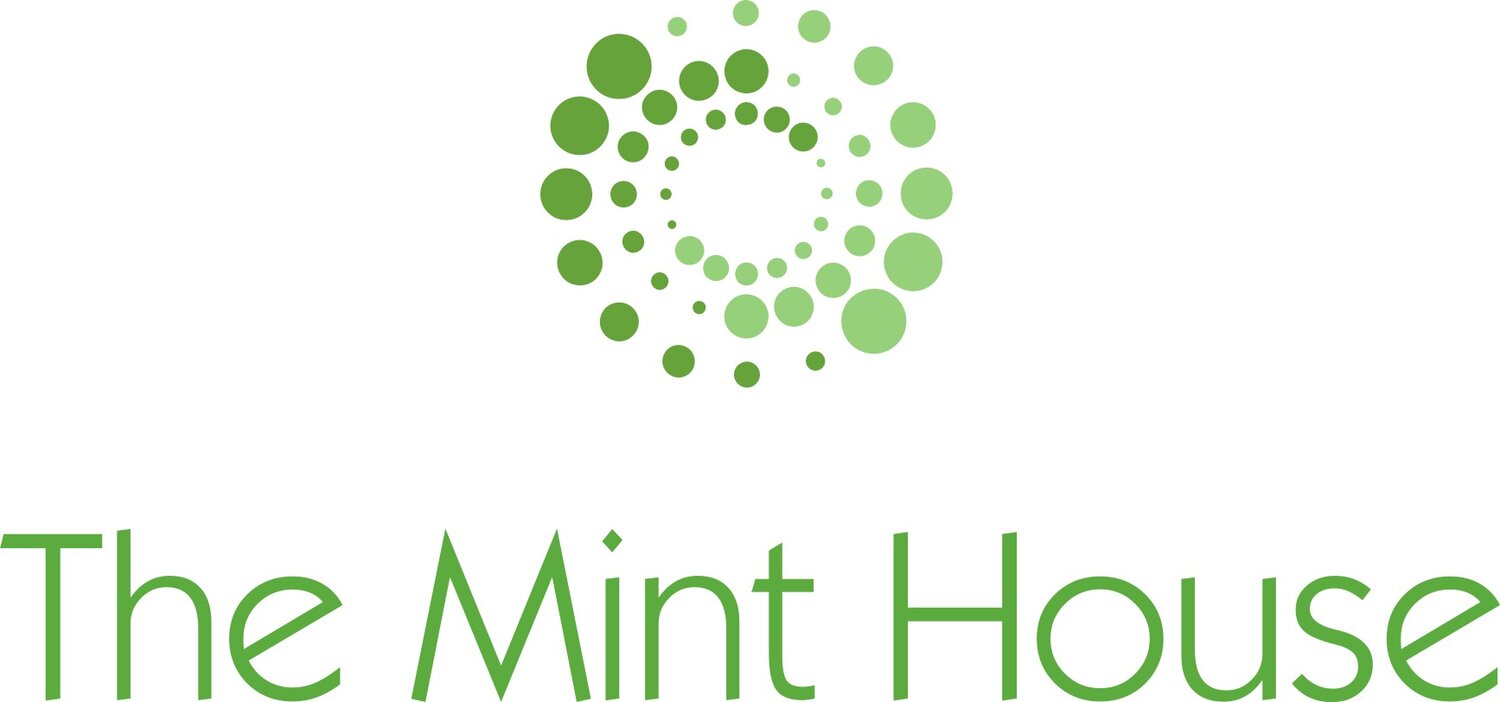by Keeva Baxter (Why me?)
Why me? want to see a world where people affected by crime know what Restorative Justice is, know how to access it and can readily explore whether it might be suitable for them with a trained expert.
However, at the moment, this is not the case. Most people affected by crime don’t know what Restorative Justice is, and even if they are offered it, they may not understand what it looks like or how it could help them.
There are multiple charities across the UK working hard to spread the word about Restorative Justice, alongside passionate and dedicated Restorative Justice services in each Police and Crime Commissioner area. On top of this, many people who have been through the restorative process share stories of their experience to help inspire and educate others.
Conversations about restorative approaches are also gaining more traction. Television portrayals such as BBC’s ‘Time’ and ITV’s ‘Without Sin’ and recent commentary in the press can attest to this. Just last week, Jacob Dunne, a Restorative Justice participant who met the parents of a man he killed with a single punch, appeared on BBC Breakfast to discuss a new play created around his story.
However, despite this increased media attention, many people affected by crime are still left trapped in a cycle of trauma as they struggle to get their needs met and their questions answered. So, with all this hard work going on in the restorative sector and beyond, why do most people still not know what Restorative Justice is.
One reason could be that people affected by crime aren’t being told about it by the professionals they encounter on their journey through the Criminal Justice System. From family liaison officers, to probation officers, lawyers and victim support services, there are an enormous number of touchpoints where people can, and should, be informed about their options.
If we don’t have the buy-in of potential referrers, a huge barrier emerges, meaning people affected by crime don’t get the information they need.
Why me? commissioned a research project last year, carried out by Equally Ours and Survation, to assess why people in a position to refer participants to a restorative service choose not to. We found that a lack of understanding, misconceptions, seeing Restorative Justice as a “soft option” and punitive attitudes all contribute to criminal justice professionals not telling people affected by crime about Restorative Justice.
What can we do about it?
On the back of this research, Why me? produced a short guide on ‘How to communicate Restorative Justice effectively’. We hope that this guide is a useful first step that provides people with top tips and guidance on how to talk about Restorative Justice. If criminal justice professionals understood Restorative Justice and felt comfortable talking about it, many more people affected by crime would have access to the resources they need to heal.
It is crucial to ensure that the transformative power of Restorative Justice, which we see everyday, can be recognised by others.
By reframing the way we talk about Restorative Justice, organisations and services across the country can use a unified voice to amplify the message. We can address misconceptions and dismantle the barriers to accessing Restorative Justice faced by so many.
We hope to continue this work, funding permitted, and provide more guidance to restorative organisations, criminal justice professionals and policy makers on how to talk about Restorative Justice to get the best results.
Some things to consider going forward:
How and when do you use the words ‘Restorative Justice’?
How do you introduce the topic of Restorative Justice when speaking to new people?
What are the key concerns of stakeholders you work with? How can you address them without reinforcing misconceptions?
What challenges do you face when talking about Restorative Justice?
If you would like to discuss this project or reframing further, please get in touch with Keeva Baxter at keeva.baxter@why-me.org.




